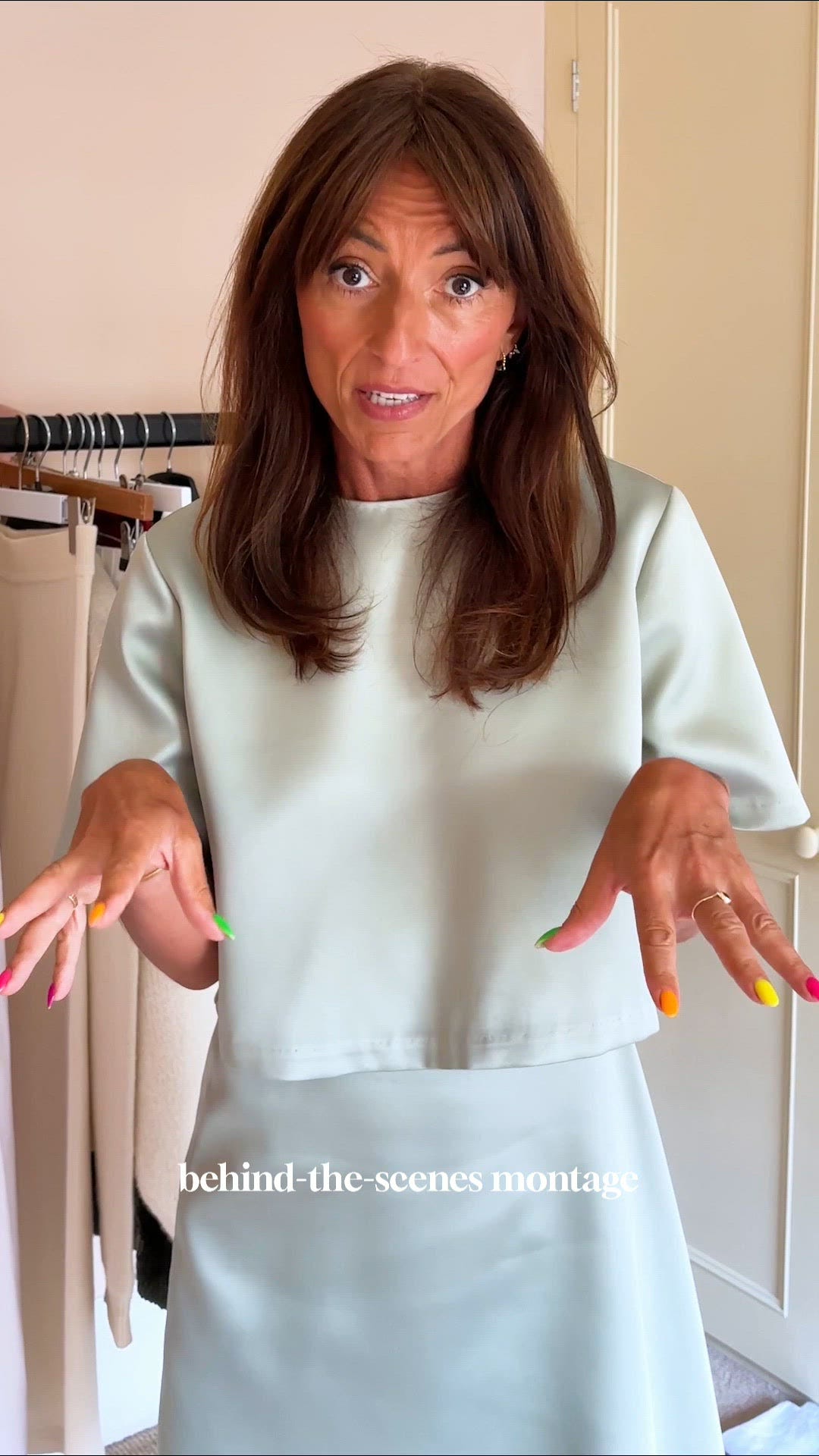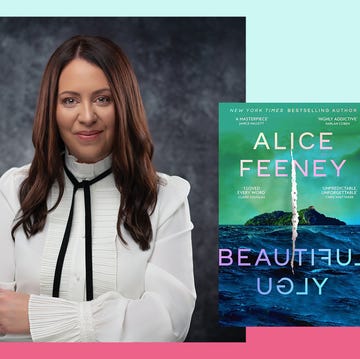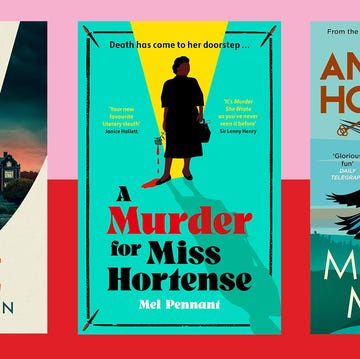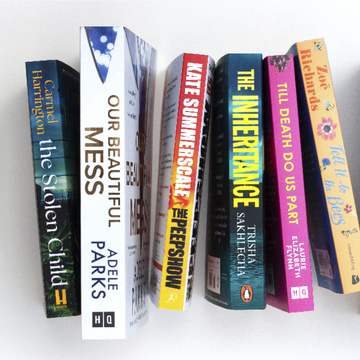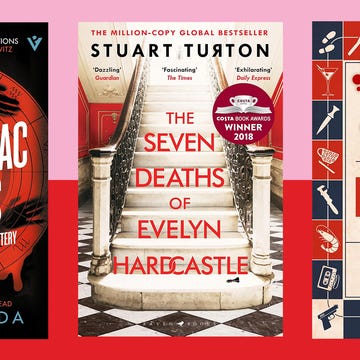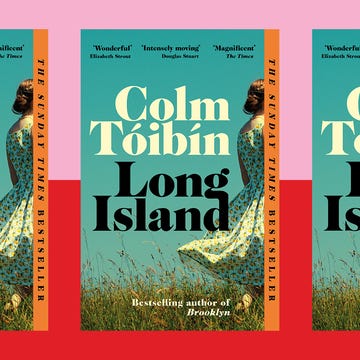Jennie Godfrey is author of Sunday Times bestseller The List Of Suspicious Things, which has sold over 100,000 copies in paperback alone. Her debut was inspired by her childhood in West Yorkshire in the 1970s. Jennie is from a mill-working family, but as the first of the generation born after the mills closed, she went to university and built a career in the corporate world. In 2020 she left and began to write.
She is now a writer and part-time Waterstones bookseller and lives in the Somerset countryside. She is a judge for Good Housekeeping's 2025 writing competition, which is running until 31 August.
7 brilliant pieces of writing advice
1 The best opening paragraphs give a flavour of what's coming and why the reader should care, with a big dollop of voice. For me the voice is the most important aspect of the opening. If I am hooked by the voice, I am hooked full stop.
What to read next
2 One of the things I love about writing is that there are as many ways to craft a novel as there are writers, so it really depends on the individual writer and their preferences/the way their mind works. Some people cannot start writing without fully mapping the story out. Others find that restrictive and will see where the writing takes them. Both are completely valid. I am somewhere in the middle. I have an outline of the whole story in my mind, which I then add to and adjust as I go.
3 The key to character is in the detail. It's the little things about a character that really make them come alive. It's the radio show they are an avid fan of, or the habit they have of saying a word incorrectly, or the fact that they have rainbow-coloured nails but only ever wear grey clothes. The more human and unique they are, the more believable they will be.
4 My number one piece of writing advice is always the same; write from your heart.
When I was writing The List of Suspicious Things, agents and publishers weren't looking for a 1970s Yorkshire set mystery but I wrote it anyway - because I cared deeply about the story and characters - and it became a bestseller.
5 If you're writing about a difficult subject I would have two pieces of advice 1) research, research, research. Especially if you are writing about something outside your direct experience, immerse yourself in the topic first, preferably from a first person perspective. 2) Life is light and shade. Remember to include the light in your writing, even if it is mere glimmers.
6 Writers often torture themselves over writing a synopsis, but there is no need to overthink them (IMHO!). A page is best, a page and a half at most, and the synopsis should simply say what will happen in the novel. There are no tricks, and no need to be clever with a synopsis. It is simply there to give the sense of what else is coming to someone who is potentially reading just the beginning.
7 I had a period of being creatively 'frozen' after The List of Suspicious Things came out and was on the Sunday Times bestseller list. I was terrified of disappointing anyone. Instead of trying to write another novel, I started a Substack newsletter (The Crow's Nest) with one commitment, to post something every week. Just the act of writing 500-1000 words a week freed me up again, and I was able to start writing my second novel (The Barbecue at Number 9 which is out next year), so I would give that advice to anyone else who is struggling with working on a novel - to write something else (preferably with less pressure surrounding it!) for a while.
5 books on writing I recommend
*In Writing by Hattie Crisell
*On Writing by Stephen King
*Bird by Bird by Anne Lamott
*The War of Art by Stephen Pressfield
*Writing Down The Bones by Natalie Goldberg


